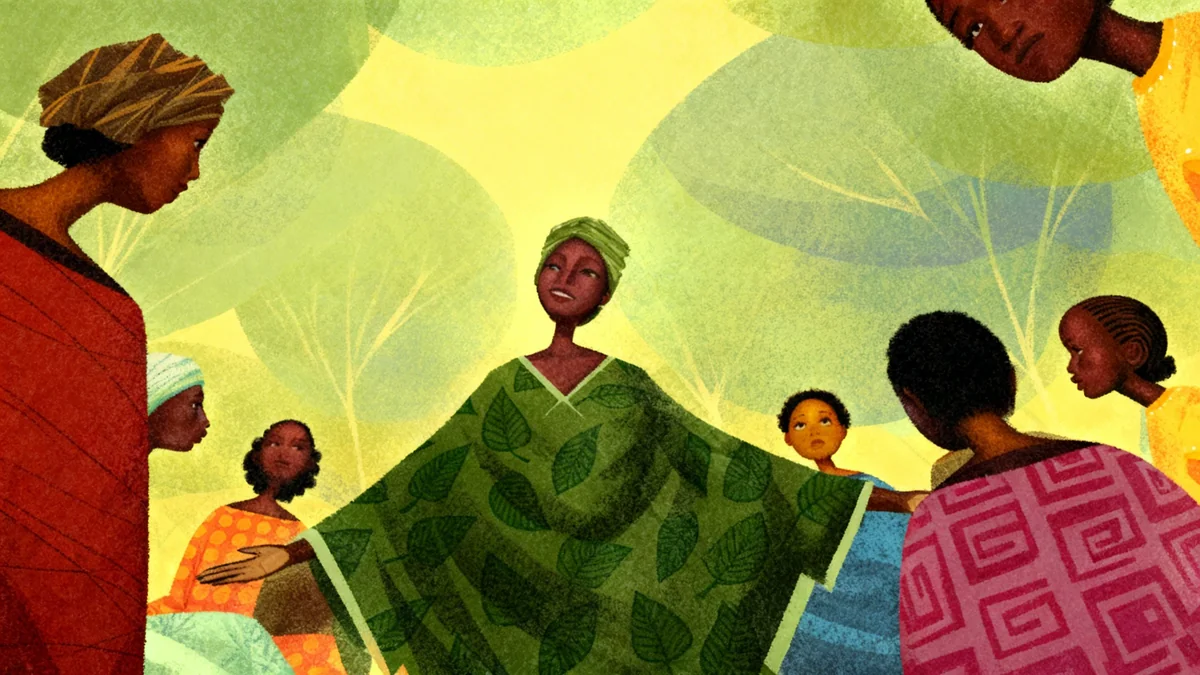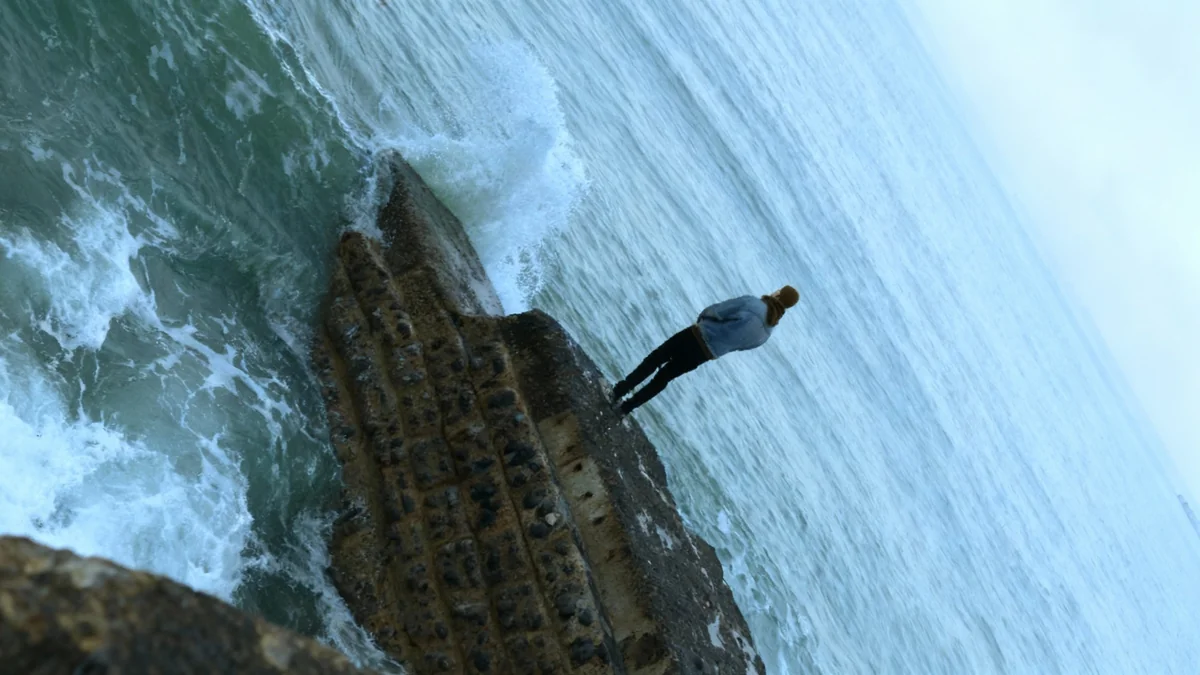A diagnosis of psoriatic arthritis at age 35 brought a life of outdoor adventure to an abrupt halt for one woman, replacing hiking boots with a walking cane. Years later, a challenging camping trip in the vast wilderness of Montana became a pivotal journey of rediscovering capability and confronting the physical and mental barriers of living with a chronic autoimmune disease.
The experience highlights a growing narrative of individuals who, with medical advancements and strong support systems, are finding ways to adapt and return to the passions they thought were lost forever.
Key Takeaways
- A diagnosis of psoriatic arthritis can severely limit physical activity, leading to a loss of connection with outdoor hobbies like camping and hiking.
- Effective biologic treatments have been instrumental in helping many patients regain mobility and manage symptoms, but psychological hurdles often remain.
- Support from experienced companions is crucial for safely re-engaging with challenging outdoor activities after a long hiatus due to illness.
- Adapting activities, such as using specialized gear like an inflatable mattress, can make adventures accessible for those with physical limitations.
A Life Interrupted by Illness
For many, the outdoors is a source of renewal and identity. This was true for Bonnie Jean Feldkamp, who grew up camping and spent much of her adult life in the woods. However, at 35, she was diagnosed with psoriatic arthritis, a chronic autoimmune condition that attacks the joints and skin.
The disease's progression was swift and debilitating. Simple movements became a struggle as her joints swelled and muscles spasmed. Her energy levels plummeted, and chronic pain became a constant companion. The condition forced her to leave her job and rely on a cane for mobility, with even basic tasks like showering requiring assistance.
The diagnosis effectively closed the door on the wilderness she loved. The physical demands of camping, hiking on uneven terrain, and sleeping on the hard ground were no longer feasible. Her connection to nature was severed, replaced by a life defined by medical appointments and pain management.
Understanding Psoriatic Arthritis
Psoriatic arthritis is an inflammatory arthritis that affects some people with psoriasis, a condition that causes red, scaly patches on the skin. It can cause swelling, stiffness, and pain in and around the joints. There is no cure, but treatments have advanced significantly, allowing many to manage their symptoms and lead active lives.
The Path to Recovery
After a period of trial-and-error with various medications, Feldkamp's rheumatologist was finally able to prescribe a biologic treatment. These advanced drugs target specific parts of the immune system to reduce inflammation. The new regimen marked a turning point, slowly allowing her to regain mobility and reduce her daily pain.
Despite the physical improvements, the psychological impact of the illness lingered. The memory of her limitations created a deep-seated intimidation of challenging physical activities. While she found joy in less strenuous pursuits like gardening and swimming, the idea of returning to true wilderness camping remained a distant and daunting prospect.
This hesitation is common among individuals recovering from chronic conditions. The fear of triggering a flare-up or being unable to cope with the physical demands can be as limiting as the symptoms themselves.
An Invitation to the American Prairie
A unique opportunity presented a chance to confront these fears. American Prairie, a conservation organization working to restore a vast ecosystem in the Northern Great Plains, invited Feldkamp on a weeklong trip to learn about their work. The itinerary was not for the faint of heart: camping in a remote area with no cell service, sleeping in tents on platforms to avoid bison, and being mindful of grizzlies and rattlesnakes that inhabit the region.
The prospect was both thrilling and terrifying. It was an opportunity to reconnect with her passion for nature and conservation writing, but it also represented every physical challenge she had avoided for years.
Recognizing she couldn't do it alone, she reached out to her sister, Erica. As a biologist and experienced wildlife photographer who frequently camps and backpacks, her sister provided the ideal combination of expertise and trusted support. This decision underscored a critical element for anyone attempting to push their boundaries after a life-altering diagnosis: you don't have to do it alone.
America's Serengeti
The Northern Great Plains of Montana, where the American Prairie is located, is often called the "American Serengeti" due to its vast grasslands and iconic wildlife, including bison, pronghorn, and prairie dogs. The conservation effort aims to create the largest nature reserve in the lower 48 states.
More Than Just a Camping Trip
With her sister's encouragement and practical help, the trip became a reality. The journey from Kentucky to Montana was the first step, but the true test began at the campsite. Her sister’s experience was immediately evident; she came prepared with gear to accommodate Feldkamp's needs, including an inflatable camping pad to cushion her from the hard ground—a small adaptation that made a world of difference.
With each successful day, confidence grew. The presence of a knowledgeable and trusted companion alleviated much of the anxiety, allowing her to focus on the experience rather than her limitations. The trip was a powerful reminder that with the right support and thoughtful preparation, activities once deemed impossible could be brought back within reach.
"My sister’s confidence helped me feel more self-assured, and when she pulled out a blow-up camping pad for me to sleep on, I knew it was all going to be OK," Feldkamp recalled of the moment she knew the adventure was possible.
The week in Montana was about more than observing conservation. It was a personal reclamation project. It was about proving that a diagnosis does not have to be a permanent sentence of limitation. For Feldkamp, and for many others living with chronic illness, the journey back to an active life is often a gradual one, built on medical progress, personal courage, and the unwavering support of others.





